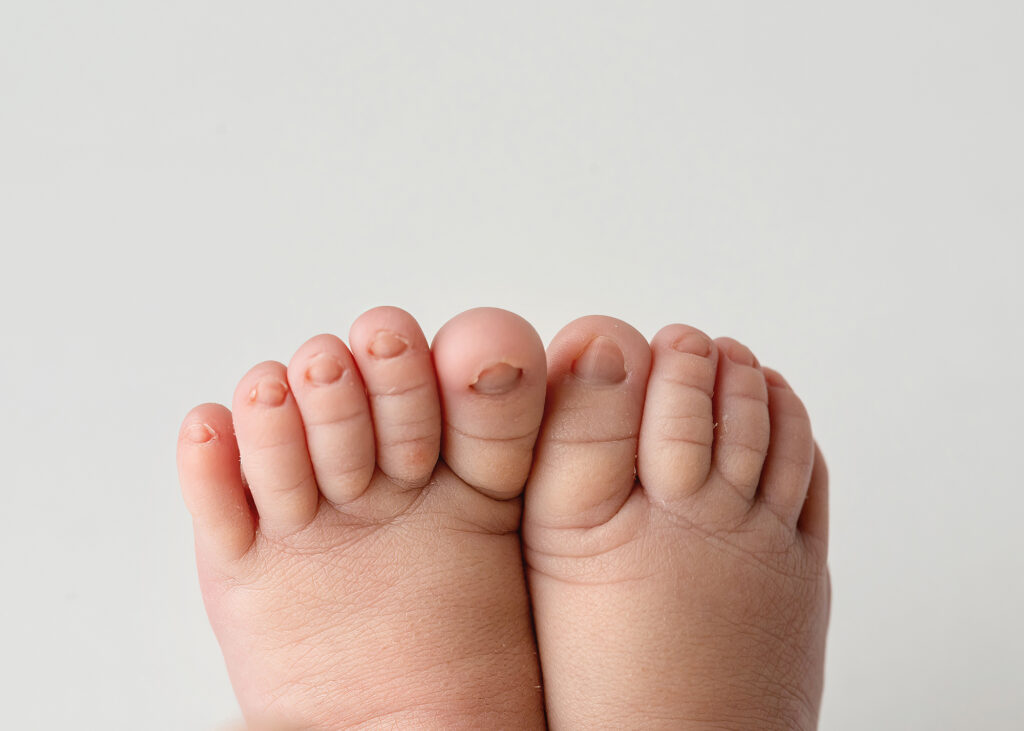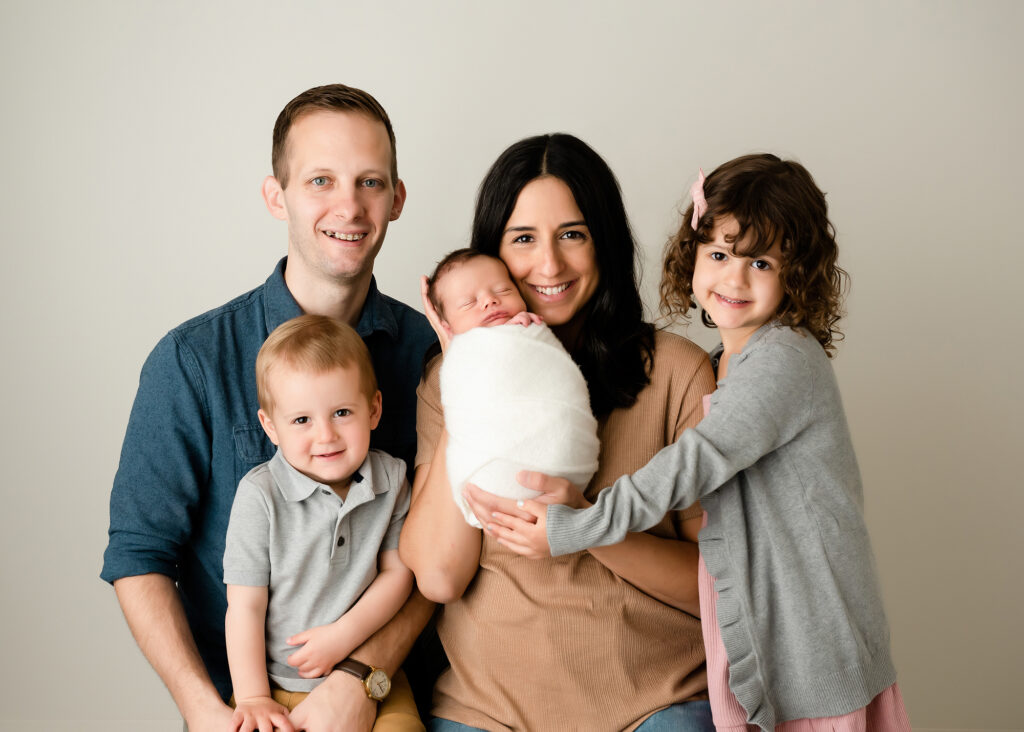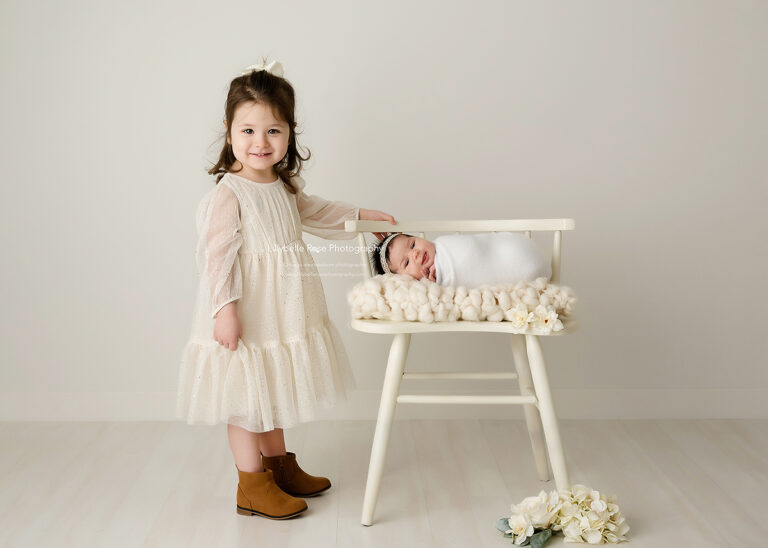Everything You Need to Know About Prenatal Genetic Testing

Everything You Need to Know About Prenatal Genetic Testing
If you are pregnant, trying for a baby, or just thinking about it, then understanding all the tests and procedures that can help ensure you have a healthy pregnancy is crucial. One of the questions you’ll have to face during your pregnancy is the question of prenatal genetic testing. Read on to learn everything you need to know to help you decide if prenatal genetic testing is right for you and your baby.
Types of Prenatal Genetic Tests
There are two types of prenatal genetic testing. Prenatal screening tests are used to assess the risk of a baby having a genetic disorder or chromosomal abnormality. Prenatal diagnostic tests are used to determine whether or not a baby actually has a specific genetic disorder or chromosomal abnormality. Prenatal diagnostic tests are more accurate than prenatal screening tests, but they also carry a higher risk of miscarriage.

First Trimester Prenatal Genetic Tests
Cell-Free DNA Test: You and your baby are perfectly interlinked during your pregnancy, causing some of their DNA to get into your blood. Your doctor should be able to test this blood for any signs of trisomy 13, down syndrome, trisomy 18, and potential issues with their sex chromosomes.
Sequential Screen: The sequential screen test is one of the most common prenatal genetic tests that doctors carry out. This test checks for symptoms of trisomy 18, down syndrome, and spinal or brain issues. Sequential screens use a blend of blood tests and ultrasound to deliver their results.
Integrated Screening: The integrated screen is similar to the sequential test in that doctors use it to search for symptoms of trisomy 18, down syndrome, and any potential spinal or brain issues. However, integrated screening is a bit more accurate than sequential screening. Unfortunately, this examination has a longer turnaround time.
Second Trimester Prenatal Genetic Tests
Alpha-fetoprotein (AFP) test: Doctors use this test to scan for any issues in the neural tube, which is the critical structure ultimately responsible for forming the brain and spinal cord.
Second Integrated Screening: While you may already have had an integrated screening in your first trimester, most doctors recommend having another blood examination to ensure that your baby has not developed any previously undetected genetic defects.
Maternal Serum Quad Screen: This examination is a blood test that is tremendously effective at discovering if your baby has down syndrome by searching for the presence of a specific protein in your blood.

Pros & Cons of Prenatal Genetic Testing
When considering prenatal genetic testing, it is important to weigh the pros and cons of the procedure. On one hand, prenatal genetic testing can provide valuable information about the health of your baby. This information can help you make decisions about your pregnancy and prepare for the arrival of your child. On the other hand, prenatal genetic testing also carries some risks. For example, prenatal diagnostic tests can increase the risk of miscarriage. Additionally, prenatal genetic testing can be costly and may not be covered by insurance. These tests can also produce false positive results, leading to unnecessary worry and fear. Ultimately, the decision to undergo prenatal genetic testing is a personal one that should be made after careful consideration and consultation with your medical professional.

Moms Share their Thoughts about Prenatal Genetic Testing
They thought my daughter had trisomy 18 due to cysts on her brain, I went and did the blood test. I just wasn’t comfortable with them doing the amniocentesis. ~ Morganne
I did the NIPT because it was offered due to my “advanced maternal age”. Also, my baby was diagnosed with a club foot in utero, which can be associated with other genetic conditions. I had it done for peace and mind and preparation; it wouldn’t haven’t changed my pregnancy. ~ Heather
Yes, I did it so if there was anything wrong I could mentally prepare myself and research as much as possible for when baby arrived. I was lucky and got 2 perfectly perfect babies. ~ Victoria
I did it for the baby I’m currently pregnant with. Results came back positive (28.24% chance of having) trisomy 13. I am now going forward with amniocentesis because I would like to know what I need to prepare for. I sometimes wish I hadn’t gotten it because I’m 15 weeks pregnant and I feel like I’ve been worried my whole pregnancy and haven’t gotten to enjoy it much yet cause I’m so stressed. There’s a chance of false positives (which I didn’t know of before the blood work) and if the results are negative I feel like I went through all of this stress and my baby was healthy the whole time. ~Alyssa

Images shared here were part of a standard newborn session at the portrait studio in the Chicago suburb of Glen Ellyn. The love and joy which filled the studio the morning of this baby photoshoot was incredible. These three are extra blessed to be a part of this wonderful family.
To learn more about newborn sessions, milestone sessions and scheduling, please head to the website HERE. For a quick peek at my baby portfolio, you can head HERE. If you have any questions at all, please click HERE to reach out!



